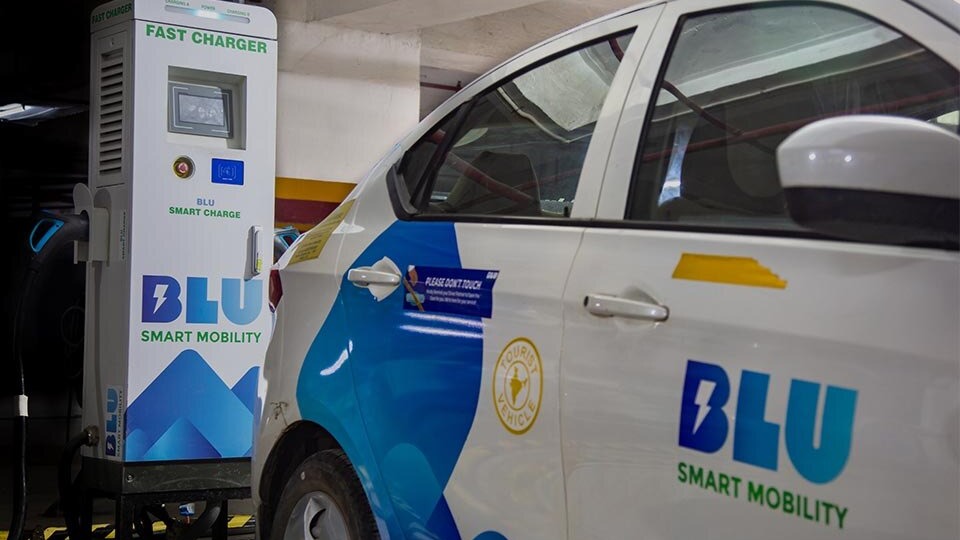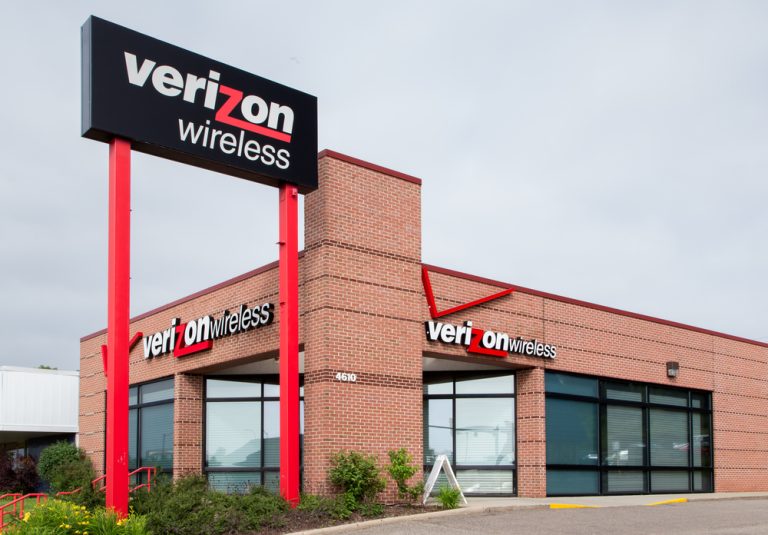India’s electric mobility poster child BluSmart is facing its biggest reckoning yet. Once hailed as a cleaner, smarter alternative to legacy ride-hailing services, the Gurugram-based company now finds itself in the eye of a financial storm—one that could endanger not just its future, but also the stability of the entire ecosystem it operates in.
The tremors began with a stinging interim order from the Securities and Exchange Board of India (SEBI) on April 15 against Gensol Engineering Ltd, the company that owns and leases most of BluSmart’s EV fleet. SEBI’s findings: multiple loan defaults, fund diversions for personal use, and serious governance lapses involving both Gensol and its related party, BluSmart Mobility Pvt Ltd.
A clever leaseback play?
For long, BluSmart’s model raised eyebrows for being asset-heavy in a space that rewards nimbleness. But few knew the full extent of its entanglement with Gensol. While BluSmart ran the cabs, Gensol owned them. The financing model was seemingly straightforward—Gensol purchased the EVs, BluSmart leased them, and paid monthly rentals.
But with both entities now under scrutiny, questions are being raised: Was this structure a well-planned leasing arrangement or a deliberate scheme to siphon funds under the guise of operations?
SEBI’s order alleges precisely that—that personal enrichment and financial mismanagement may have been masked as business-as-usual. And with BluSmart’s revenues drying up and funding pipelines blocked, the cracks are now visible.
A systemic unravelling
Gensol, already battling financial strain, was heavily reliant on two income streams: its solar EPC business and BluSmart’s lease payments. As BluSmart’s business faltered—with lower ridership, mounting costs, and no fresh capital—Gensol’s ability to repay its own lenders began to falter.
According to ecosystem expert, who did not wish to be named, said the relationship had all the hallmarks of a circular financing trap. “Gensol was borrowing to buy cars and BluSmart was supposed to pay back those loans indirectly through leases. When one party fails, the whole structure collapses,” the person said.
The Assure scheme fallout
To further compound matters, BluSmart had earlier launched an “Assure” scheme inviting retail investors to purchase EVs and lease them to the company in return for fixed returns. Sources say hundreds of vehicles were added under this model.
But that move may now backfire. According to experts, if Gensol repossesses vehicles to manage its own repayments or liquidates assets, these individual investors could be left stranded. Worse, any large-scale default could push creditors to drag BluSmart to the National Company Law Tribunal (NCLT), triggering a potential insolvency process.
REFEX Deal: the one that didn’t go through
Earlier this year, Gensol announced a deal to sell around 3,000 EVs to Chennai-based REFEX Group, which would in turn lease them back to BluSmart. The deal never materialised. According to insiders, REFEX pulled out after assessing the risk of BluSmart defaulting on lease payments. The aborted deal not only signalled deep financial fragility but also raised corporate governance concerns—why would a publicly listed entity sell assets only to lease them back to a promoter-linked company?
Exit route?
With few tangible assets—an estimated 1,500–2,000 cars under its (BluSmart’s) name and some charging infrastructure—BluSmart is reportedly exploring a phased asset sale. Industry buzz suggests that ride-hailing giants like Uber could step in, at least partially, to scoop up BluSmart’s fleet.
BluSmart’s rapid descent highlights the risks of aggressive scaling backed by complex and opaque financial structures—especially in capital-intensive sectors like EV mobility.
As SEBI’s investigation into Gensol continues, the fallout could intensify. For now, the question isn’t whether BluSmart can regain its former momentum—it’s whether it can avoid a full-blown collapse before the wheels come off completely.






